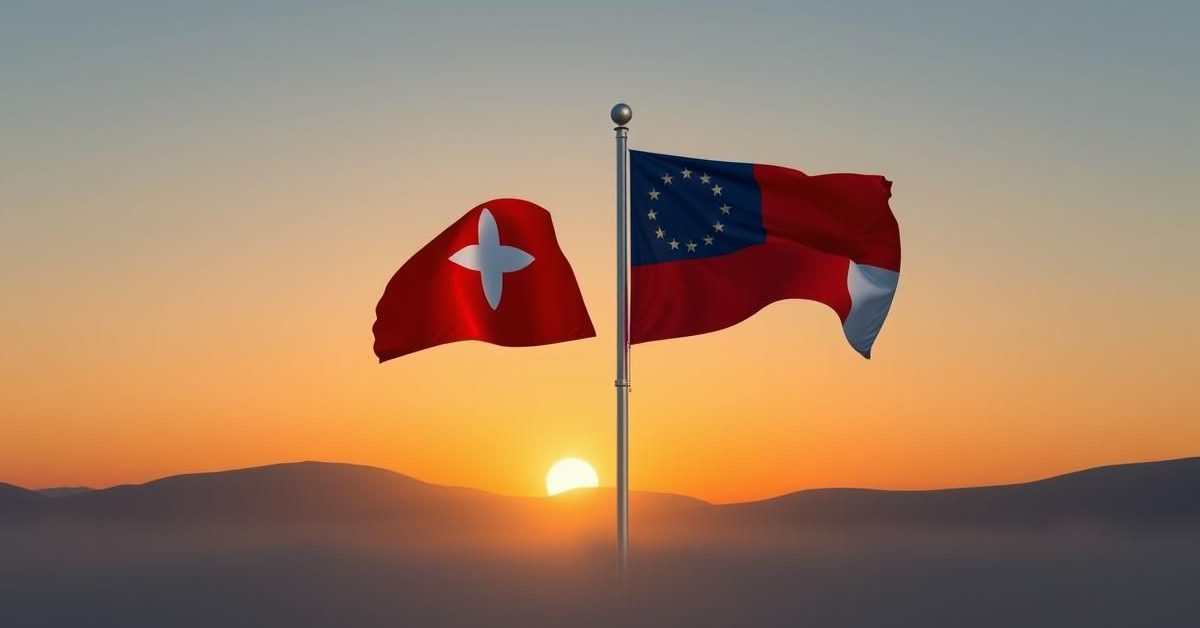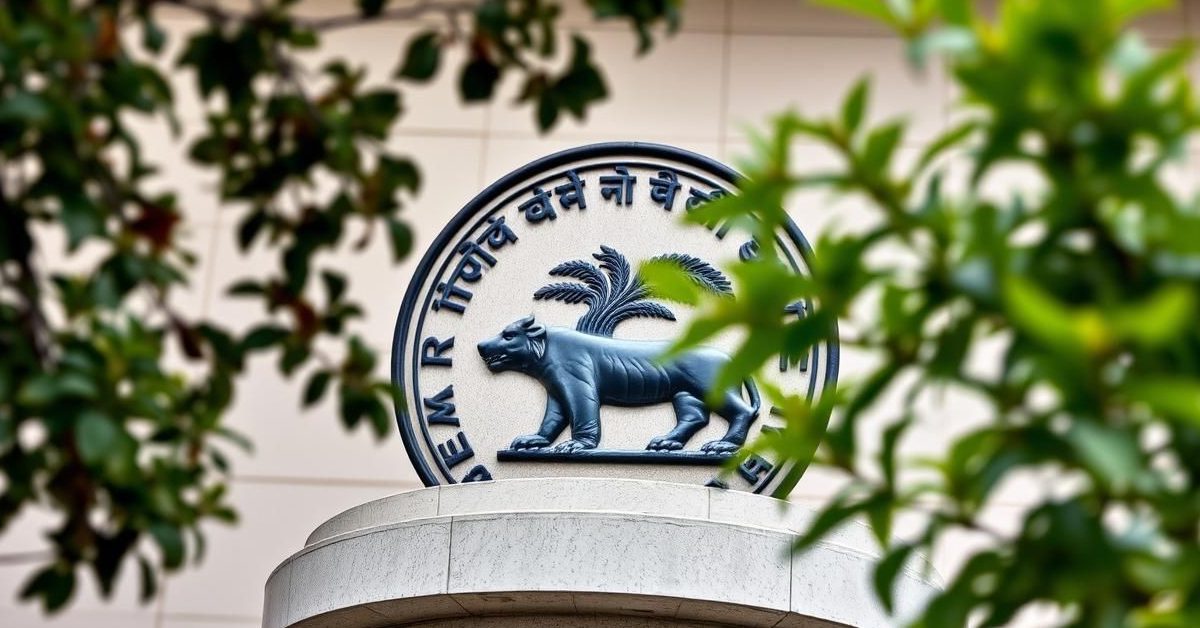India’s landmark trade agreement with the European Free Trade Association (EFTA) is set to officially kick off on October 1, promising a massive USD 100 billion investment and a million new jobs for India.
A New Era for India-EFTA Trade
The Trade and Economic Partnership Agreement (TEPA) between India and the four-nation European bloc EFTA was signed on March 10, 2024. Now, Commerce and Industry Minister Piyush Goyal has confirmed its implementation date.
The European Free Trade Association (EFTA) includes Iceland, Liechtenstein, Norway, and Switzerland. While Switzerland is India’s biggest trading partner within the bloc, trade volumes with the other three countries are currently lower.
Historic Investment and Job Creation
A cornerstone of this agreement is EFTA’s commitment to invest USD 100 billion in India over 15 years. This includes USD 50 billion within the first decade of the agreement’s implementation, followed by another USD 50 billion in the subsequent five years.
This unprecedented pledge is a first for any trade deal signed by India and is expected to create 1 million direct jobs across the country. This significant investment commitment was a key factor for India in opening its markets to products from EFTA nations, following nearly 16 years of negotiations.
Benefits for Consumers and Businesses
Under the pact, India will reduce or eliminate customs duties on various products from EFTA countries. This means consumers can look forward to accessing high-quality Swiss products, such as watches, chocolates, biscuits, and clocks, at lower prices as duties are phased out over 10 years.
India is offering concessions on 82.7 percent of its product categories, which cover 95.3 percent of EFTA’s exports to India. Over 80 percent of these imports currently consist of gold.
Boosting the Services Sector
The agreement also brings significant opportunities for the services sector. India has opened 105 sub-sectors to EFTA, including accounting, business services, computer services, distribution, and health.
In return, India has secured commitments in numerous sub-sectors from EFTA members: 128 from Switzerland, 114 from Norway, 107 from Liechtenstein, and 110 from Iceland. This means a boost for Indian services in areas like legal, audio-visual, research and development (R&D), computer, accounting, and auditing.
Additionally, the pact offers a strategic gateway for Indian exporters to integrate into European Union (EU) markets. With over 40 percent of Switzerland’s global services exports directed to the EU, Indian companies can leverage Switzerland as a base to expand their reach across Europe.
Minister Goyal on India’s Trade Strategy
Commerce Minister Piyush Goyal emphasized that India’s negotiation strategy is always centered on national interest. He stated that the government would never compromise on this principle.
Goyal highlighted that the world recognizes India’s talent and skill, which gives the nation a strong negotiating position. He noted that India focuses on striking trade deals with “complementary economies” rather than just competitors, aligning with its vision for robust supply chains and domestic industry growth.
- The India-EFTA trade pact (TEPA) will be implemented from October 1.
- EFTA has committed to investing USD 100 billion in India over 15 years.
- This investment is expected to create 1 million direct jobs in India.
- India will reduce duties on products like Swiss watches and chocolates.
- The agreement significantly boosts opportunities in the services sector for both sides.
This agreement marks a pivotal moment in India’s global trade strategy, reflecting a focus on investment, job creation, and strategic market access.














